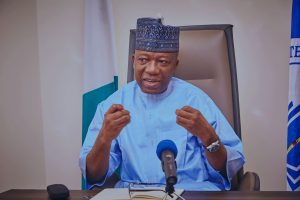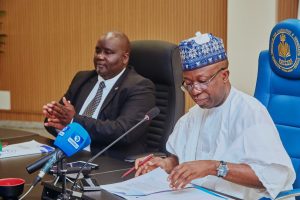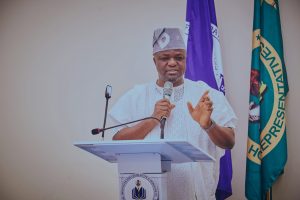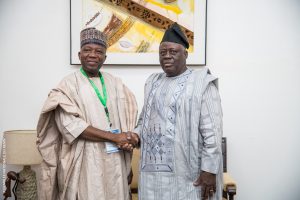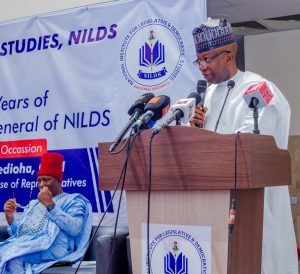Prof. Abubakar O. Sulaiman, the Director General of the National Institute for Legislative and Democratic Studies (NILDS), has revealed that the institute is currently engaged in a research endeavor focused on the resurgence of military coups in Africa. The disclosure was made during a lecture series hosted by the University of Abuja Chapter of the National Association of Political Science Students. The lecture’s theme was “The Impact of Legislative Institutions on the Formation of Nigeria’s Foreign Policies.”
In his presentation on how Nigerian legislative institutions can influence and shape foreign policy formulation, Prof. Sulaiman emphasized that the Centre for Security Analysis at NILDS is actively conducting research to comprehend the reappearance of military coups in Africa and the underlying causes of democratic reversals. The ultimate goal is to identify recommendations and potential areas of intervention that could involve the National Assembly.
He reiterated the notion that involving the parliament in foreign policy formulation contributes significantly to a more comprehensive, well-informed, and transparent decision-making process. He further underscored that such parliamentary engagement bolsters democratic principles, elevates the caliber of foreign policy choices, and ensures the effective representation and protection of citizens’ interests and concerns on the international stage.
The Director General also emphasized the inherent advantages of foreign policy decisions made with the approval of the parliament. These decisions garner heightened legitimacy and credibility both within the country and on the global platform. Such decisions are perceived as more reliable and contribute to enhancing the nation’s standing and reputation in the international community.
It’s worth noting that instances of successful military coups have occurred in various African nations, including Mali, Burkina Faso, Guinea, and Niger, spanning from 2020 up to the present date.



